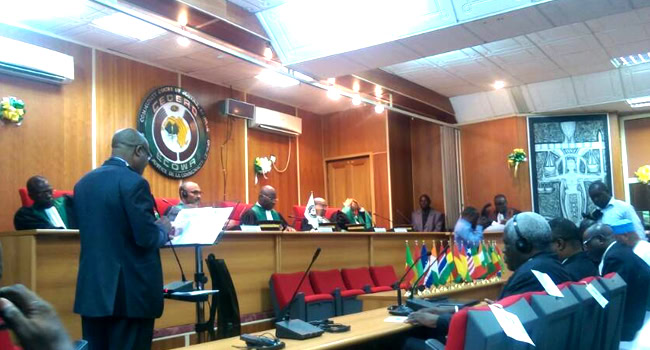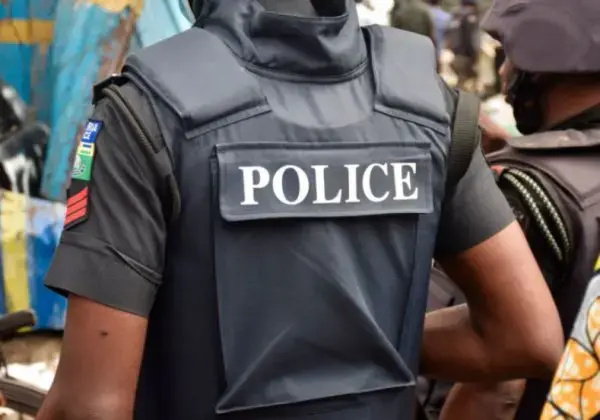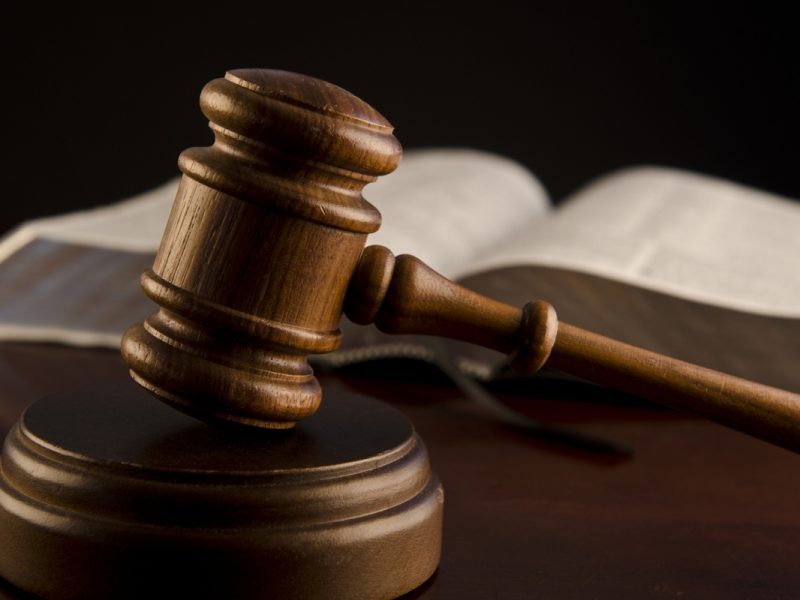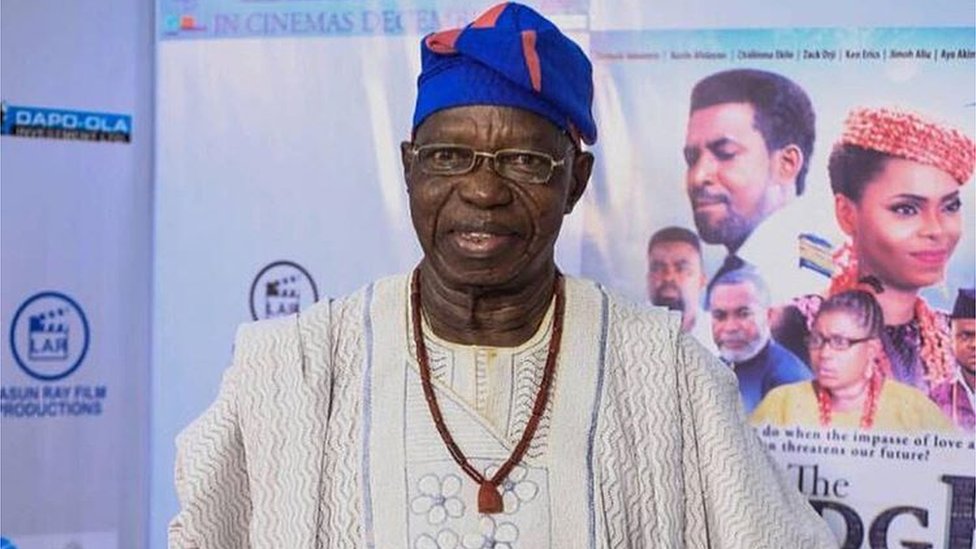Female genital mutilation Sierra Leone ruling from ECOWAS Court orders law reform, prosecution of offenders, and compensation for survivor Kadijatu Allieu
Female genital mutilation Sierra Leone legislation has come under scrutiny following a landmark ruling by the Community Court of Justice, ECOWAS, in a case brought against the Republic of Sierra Leone.
The judgment held that the government failed in its legal duty to protect women and girls from harmful practices.
Read also: Closing remarks of ECOWAS Court President at enforcement summit in Lagos
The case, filed under Case No. ECW/CCJ/APP/16/23, was brought by two Non-Governmental Organisations—Forum Against Harmful Practices and We Are Purposeful—alongside a survivor, Ms Kadijatu Balaima Allieu. The applicants alleged that Sierra Leone had failed to enact specific legislation criminalising female genital mutilation, thereby violating international human rights obligations.
In its defence, the Sierra Leonean government acknowledged the continued practice of FGM within the country but pointed to the 2022 Gender Equality and Women’s Empowerment Act and a proposed Child Rights Bill as evidence of progress.
The Court, however, found that these measures were insufficient. It ruled that the government’s failure to criminalise FGM contravened Article 5 of the Maputo Protocol and Article 21 of the African Charter on the Rights and Welfare of the Child. The absence of specific legal prohibition enabled the continued violation of the rights of women and girls, according to the judgment.
The Court also held that the government failed in its obligation to provide a remedy for the third applicant, Ms Allieu. Despite being subjected to female genital mutilation, she received no justice, as the state failed to identify or prosecute her perpetrators. Additionally, her right to security of person was found to be violated under several international provisions, including the African Charter and the International Covenant on Civil and Political Rights.
In a significant move, the Court ordered Sierra Leone to enact and enforce legislation that criminalises female genital mutilation. It further directed the government to investigate Ms Allieu’s case, prosecute those responsible, and compensate her with the equivalent of $30,000 in local currency.
“It is not enough to make promises. We need governments to act decisively to protect women and girls from such violence,” a human rights advocate familiar with the case stated.
This ruling marks a pivotal moment in the regional fight against gender-based violence. By ordering both legislative reform and concrete reparations, the ECOWAS Court has reinforced its role as a defender of human rights in West Africa.
Also read: Inaugural meeting on ECOWAS court judgment enforcement commences in Lagos
As Sierra Leone faces renewed pressure to outlaw FGM, the verdict sends a clear message: the rights and dignity of women and girls must be upheld, and impunity must end.
Source: Read more at iretura.com
























